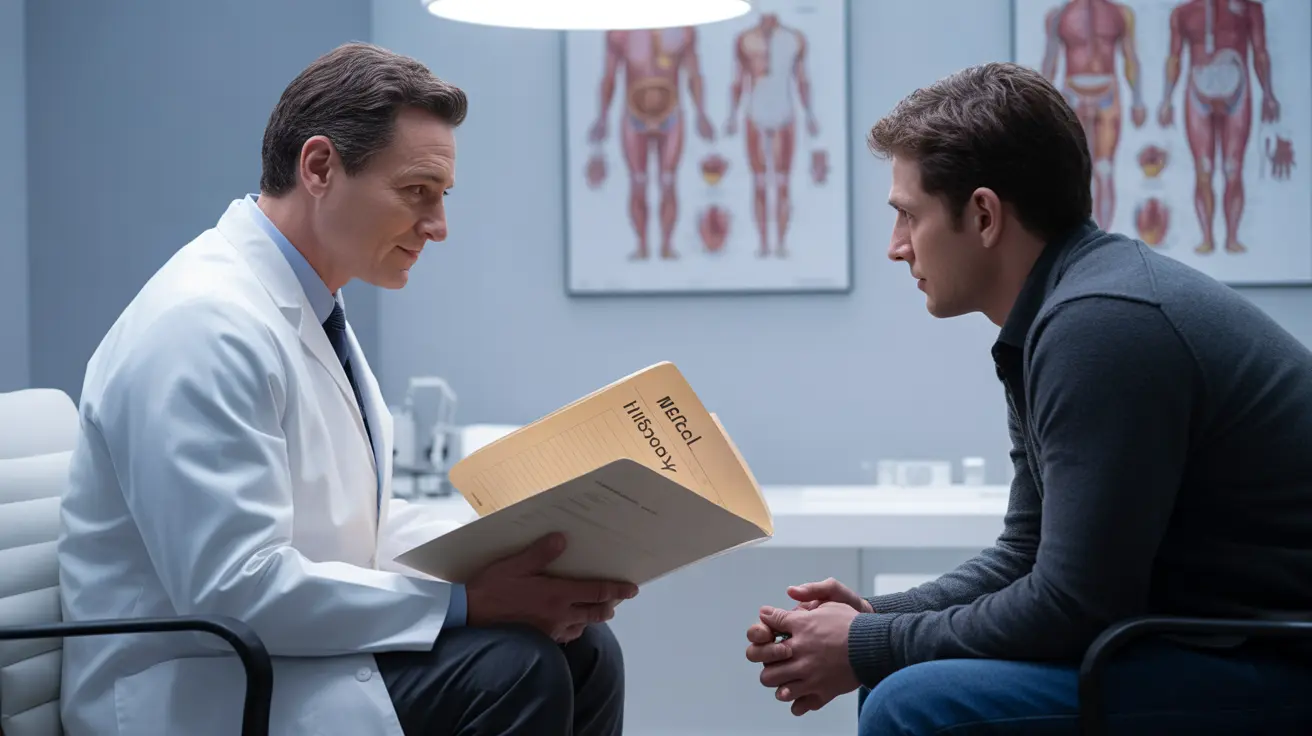A proctologist, also known as a colorectal surgeon, is a medical specialist who diagnoses and treats conditions affecting the colon, rectum, and anal area. These highly trained physicians complete extensive medical education and specialized surgical training to provide expert care for patients with various colorectal conditions.
Understanding when to see a proctologist and what services they provide can help you make informed decisions about your digestive health. This comprehensive guide will explore the role of proctologists, their expertise, and when you should consider consulting one.
Educational Background and Expertise
Proctologists undergo rigorous medical training that includes:
- Four years of medical school
- Five years of general surgery residency
- Additional fellowship training in colon and rectal surgery
- Board certification in both general surgery and colorectal surgery
This extensive training enables them to provide both surgical and non-surgical treatments for various colorectal conditions.
Common Conditions Treated by Proctologists
Proctologists specialize in treating numerous conditions affecting the lower digestive tract, including:
- Hemorrhoids
- Anal fissures
- Colorectal cancer
- Inflammatory bowel disease
- Diverticulitis
- Fecal incontinence
- Rectal prolapse
- Anal abscess and fistulas
Diagnostic Procedures and Treatment Options
These specialists utilize various diagnostic tools and procedures to evaluate colorectal conditions:
Diagnostic Procedures
- Colonoscopy
- Flexible sigmoidoscopy
- Anoscopy
- Digital rectal examination
- Imaging studies (MRI, CT scans)
Treatment Approaches
Proctologists offer both conservative and surgical treatment options, including:
Non-Surgical Treatments
- Medications
- Dietary modifications
- Rubber band ligation for hemorrhoids
- Biofeedback therapy
- Injectable treatments
Surgical Procedures
- Hemorrhoidectomy
- Colorectal cancer surgery
- Fistula repair
- Sphincter repair
- Rectal prolapse surgery
When to See a Proctologist
You should consider consulting a proctologist if you experience:
- Rectal bleeding
- Persistent anal pain
- Changes in bowel habits
- Unexplained weight loss
- Chronic constipation or diarrhea
- Family history of colorectal cancer
- Abnormal colorectal cancer screening results
Frequently Asked Questions
What conditions does a proctologist (colorectal surgeon) typically diagnose and treat?
A proctologist diagnoses and treats conditions affecting the colon, rectum, and anus, including hemorrhoids, anal fissures, colorectal cancer, inflammatory bowel disease, diverticulitis, and fecal incontinence. They provide both medical management and surgical interventions when necessary.
When should I see a proctologist for anal or rectal symptoms like pain or bleeding?
You should consult a proctologist if you experience persistent rectal bleeding, anal pain, changes in bowel habits, unexplained weight loss, or have a family history of colorectal cancer. Any concerning symptoms lasting more than a few days warrant professional evaluation.
How is hemorrhoid treatment different when managed by a proctologist?
A proctologist offers specialized hemorrhoid treatments ranging from conservative approaches to advanced surgical procedures. They can provide rubber band ligation, infrared coagulation, or surgical hemorrhoidectomy when necessary, offering more comprehensive care than general practitioners.
What is the difference between a proctologist and a gastroenterologist?
While both specialists treat digestive issues, proctologists (colorectal surgeons) focus specifically on surgical and non-surgical treatment of colon, rectal, and anal conditions. Gastroenterologists treat the entire digestive system but do not perform surgery.
What surgical and non-surgical procedures does a proctologist perform for colorectal diseases?
Proctologists perform various procedures, including colonoscopy, hemorrhoid treatment, fistula repair, and colorectal cancer surgery. Non-surgical treatments include medication management, dietary counseling, and minimally invasive procedures like rubber band ligation.
Remember, early intervention and regular screenings are crucial for maintaining colorectal health. Don't hesitate to consult a proctologist if you experience concerning symptoms or need preventive care.




